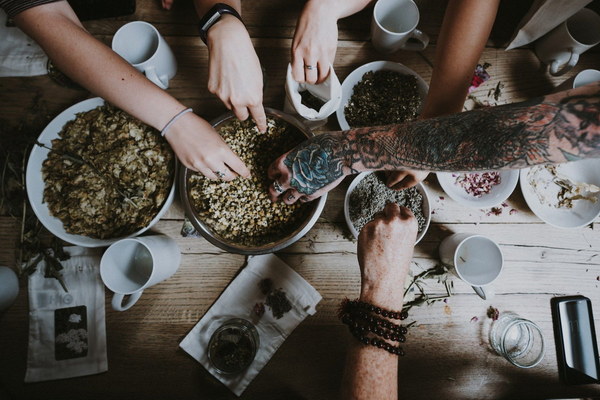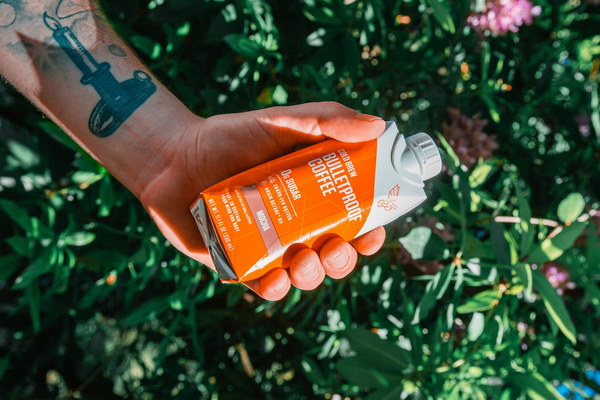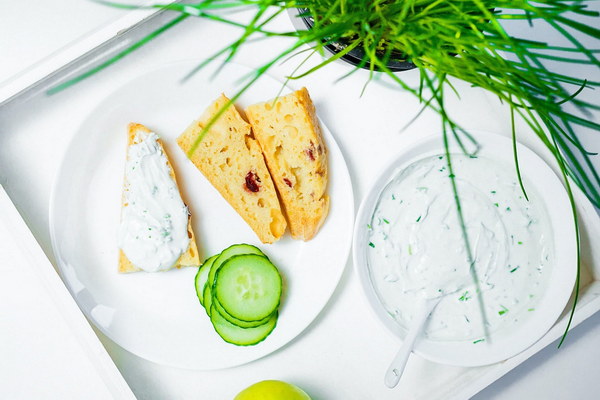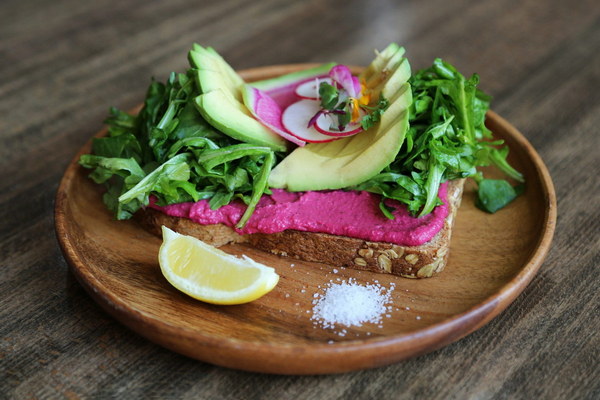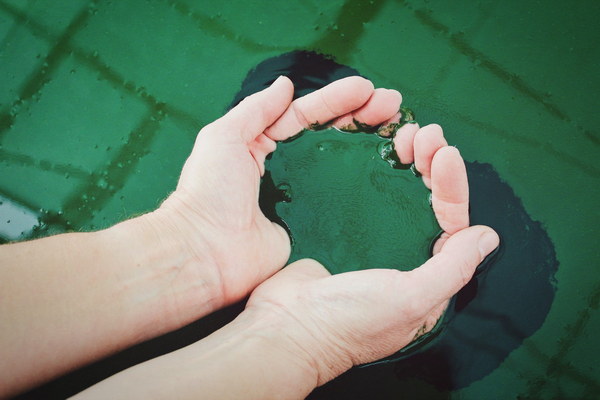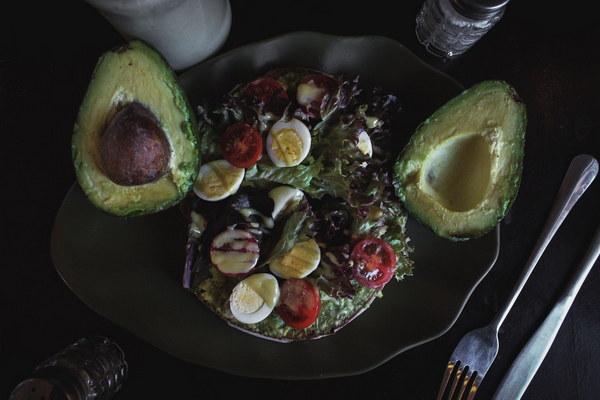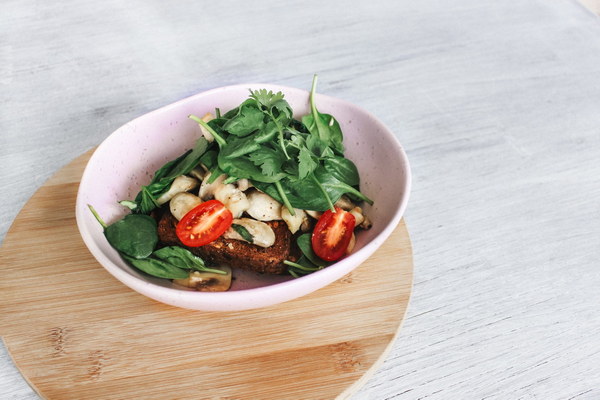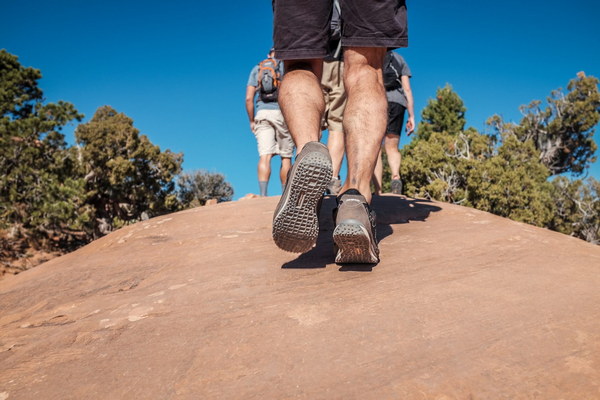Natural Remedies for Damp-Phlegm A Holistic Approach to Wellness
Introduction:
Damp-Phlegm, also known as Damp-Phlegm Syndrome, is a common condition in traditional Chinese medicine (TCM). It refers to the accumulation of dampness and phlegm in the body, which can lead to various health issues. This article explores natural remedies and holistic approaches to help eliminate damp-phlegm and promote overall wellness.
1. Understanding Damp-Phlegm:
Damp-Phlegm is a result of an imbalance in the body's Yin and Yang, leading to the accumulation of dampness and phlegm. This condition can manifest in various ways, such as fatigue, weight gain, digestive problems, and respiratory issues. To eliminate damp-phlegm, it is essential to address the root cause of the imbalance.
2. Diet:
A balanced diet plays a crucial role in reducing damp-phlegm. Here are some dietary recommendations:
a. Avoid excessive consumption of cold, raw, and damp foods: These foods can exacerbate dampness in the body. Examples include cold drinks, ice cream, raw vegetables, and uncooked fruits.
b. Include warming and drying foods: Warming and drying foods can help eliminate dampness and phlegm. Examples include ginger, garlic, onions, and leeks.
c. Focus on high-protein and fiber-rich foods: High-protein foods, such as lean meats, fish, eggs, and legumes, can help strengthen the immune system. Fiber-rich foods, like vegetables and fruits, can promote healthy digestion and prevent the accumulation of dampness.
3. Lifestyle Changes:
Adopting a healthy lifestyle can significantly reduce damp-phlegm:
a. Regular exercise: Physical activity helps improve circulation, strengthen the immune system, and eliminate dampness from the body. Engage in activities such as walking, jogging, yoga, or tai chi.
b. Adequate sleep: Poor sleep can weaken the body's defense mechanisms and exacerbate damp-phlegm. Aim for 7-9 hours of quality sleep each night.
c. Stress management: Chronic stress can lead to an imbalance in the body's Yin and Yang, contributing to damp-phlegm. Practice stress-relieving techniques, such as meditation, deep breathing exercises, or spending time in nature.
4. Herbs and Supplements:
Herbal remedies can be beneficial in treating damp-phlegm. Here are some commonly used herbs:
a. Astragalus: Known for its immune-boosting properties, astragalus can help eliminate dampness and phlegm.
b. Licorice root: Licorice root has anti-inflammatory properties and can help reduce dampness and phlegm.
c. Dandelion: Dandelion is a natural diuretic, which can help eliminate excess dampness from the body.
d. Green tea: Green tea has anti-inflammatory and antioxidant properties that can help improve overall health and reduce damp-phlegm.
5. Acupuncture and Massage:
Acupuncture and massage therapy can help balance the body's energy and eliminate damp-phlegm. These therapies can improve circulation, reduce inflammation, and alleviate symptoms associated with damp-phlegm.
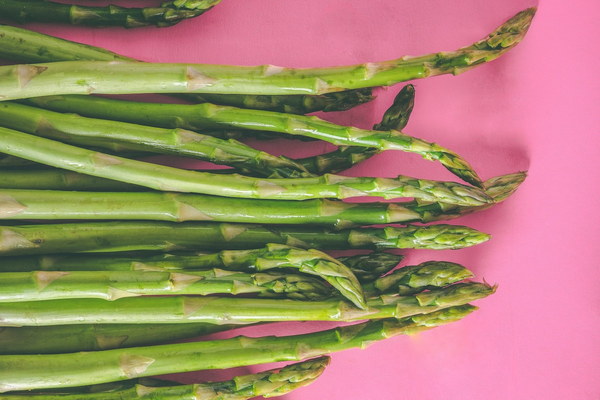
Conclusion:
Eliminating damp-phlegm is essential for achieving optimal health. By adopting a balanced diet, making lifestyle changes, incorporating herbal remedies, and seeking alternative therapies such as acupuncture and massage, you can effectively reduce damp-phlegm and promote overall wellness. Remember, it is essential to consult with a healthcare professional before starting any new treatment or making significant changes to your diet or lifestyle.
